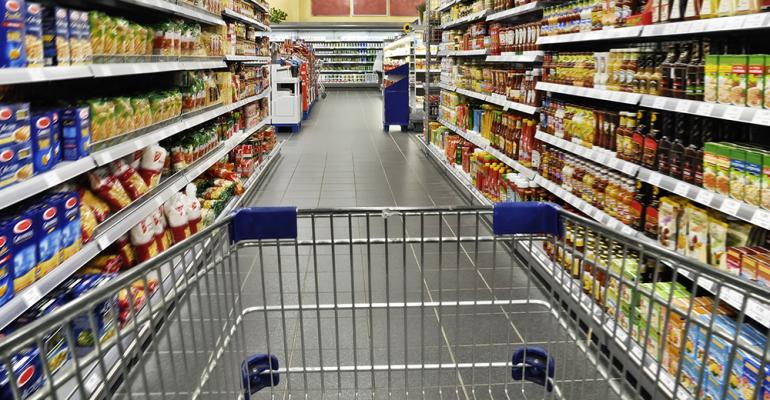Data analytics firm Placer.ai released its 2023 end-of-year recap report, identifying Kroger as the most popular grocery banner in the country in terms of foot traffic.
The report, which chronicles store popularity, customer demographics, market share, and a number of additional data points, noted that Kroger captured 18.8% of the annual foot traffic to the top 10 most frequented supermarket chains in the country.
Kroger’s foot traffic volume was followed by Publix, which attracted 17% of all shoppers to its stores, and Albertsons banner Safeway with 10.5%. Aldi, which has rapidly expanded over the last 12 months and is in the process of purchasing hundreds more through the acquisition of Southeastern Grocers, the operator of some 400 Winn-Dixie and Harvey Supermarket stores, was identified as the fourth most-visited store in 2023 with 9.4% of all foot traffic.
Meanwhile, regional grocery chains, such as Texas-based H-E-B, which captured 8.7% of shoppers, midwestern Meijer (7.7%), and both Food Lion (7.5%) and ShopRite (5.7%) on the East Coast, also seized a substantial market share in 2023.
Kroger and its various banners – its most widely known being Smith’s, King Soopers, Dillons, Fry’s Food Stores, Fred Meyer, and Pick n’ Save – were also the most popular grocers in 14 states in 2023. Albertsons and its various banners captured nine states, and Ahold Dehaize banners were preferred in seven states.
Shoppers at brick-and-mortar grocery stores tended to come from more affluent households, according to the report. Trader Joe’s shoppers had among the highest median income reported by Placer.ai at $97,500. That’s compared to the nationwide median of $69,500.
ShopRite customers had a median income of $87,500, followed by Safeway customers at $85,500, H-E-B customers at $68,000, Kroger customers at $67,300, and Aldi customers at $67,200.
The median household income of supermarket shoppers declined in 2023 to $73,800 from $74,100 in 2022 and $76,200 in 2019. The percentage of so-called flourishing families, which encompasses affluent middle-aged families and couples, also dipped to 6.8%, down from 7.2% in 2019. The singles and starters category of newer shoppers increased over the same period, jumping to 10.5% in 2023 compared to 9.6% in 2019.
“These shifts may be partially due to the more widespread adoption of online grocery shopping among certain audience segments in the wake of COVID,” the report stated.


